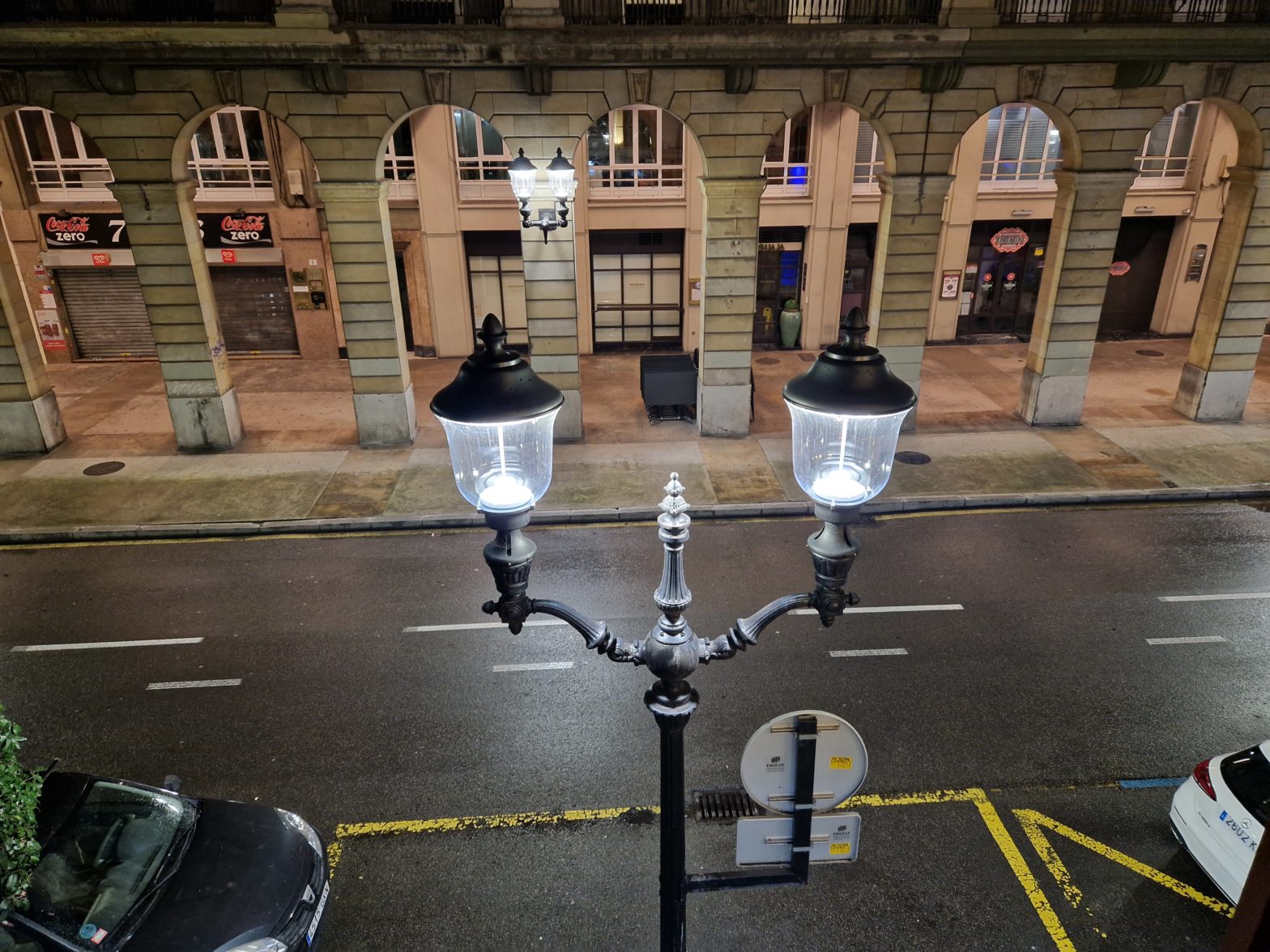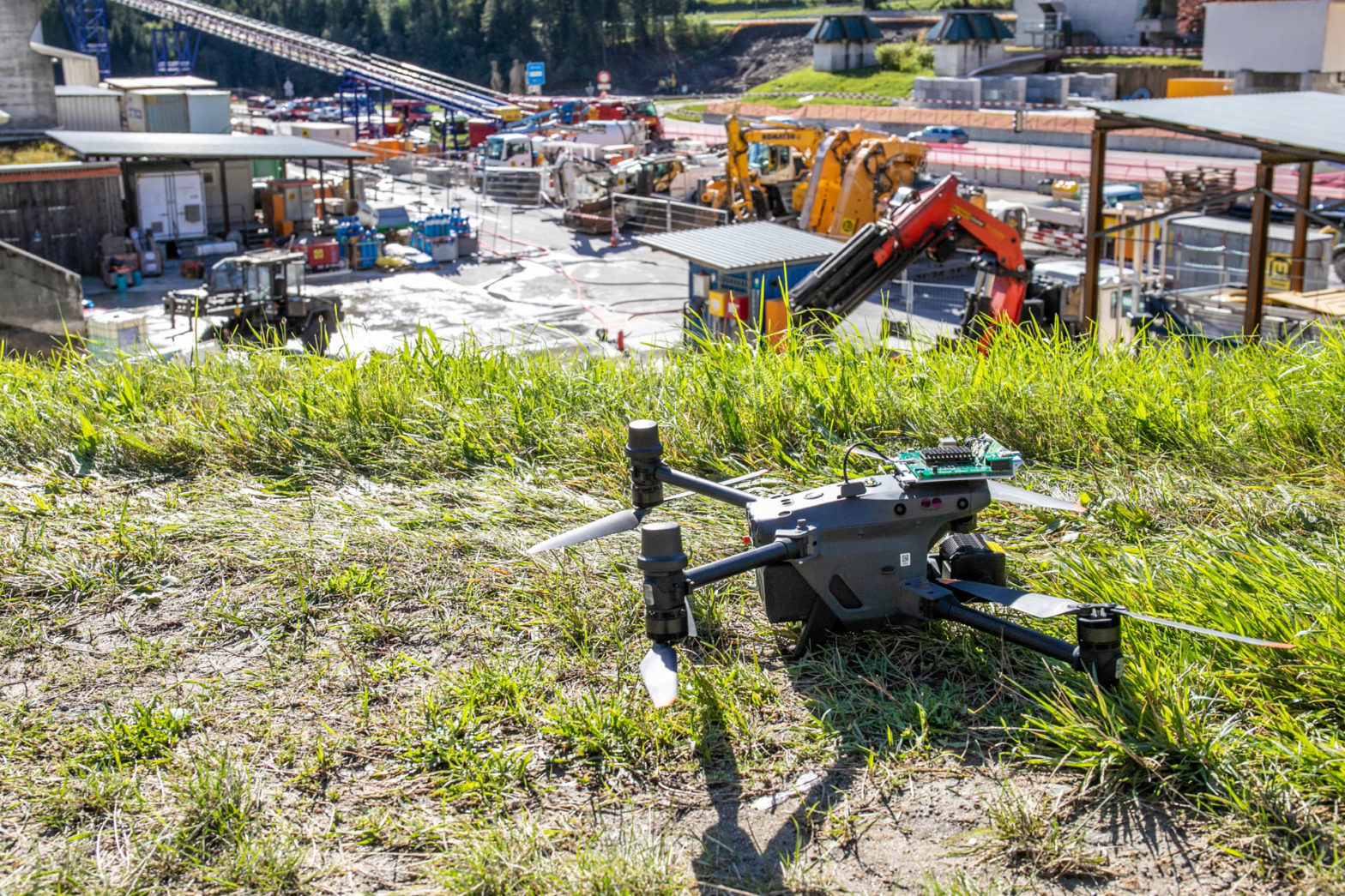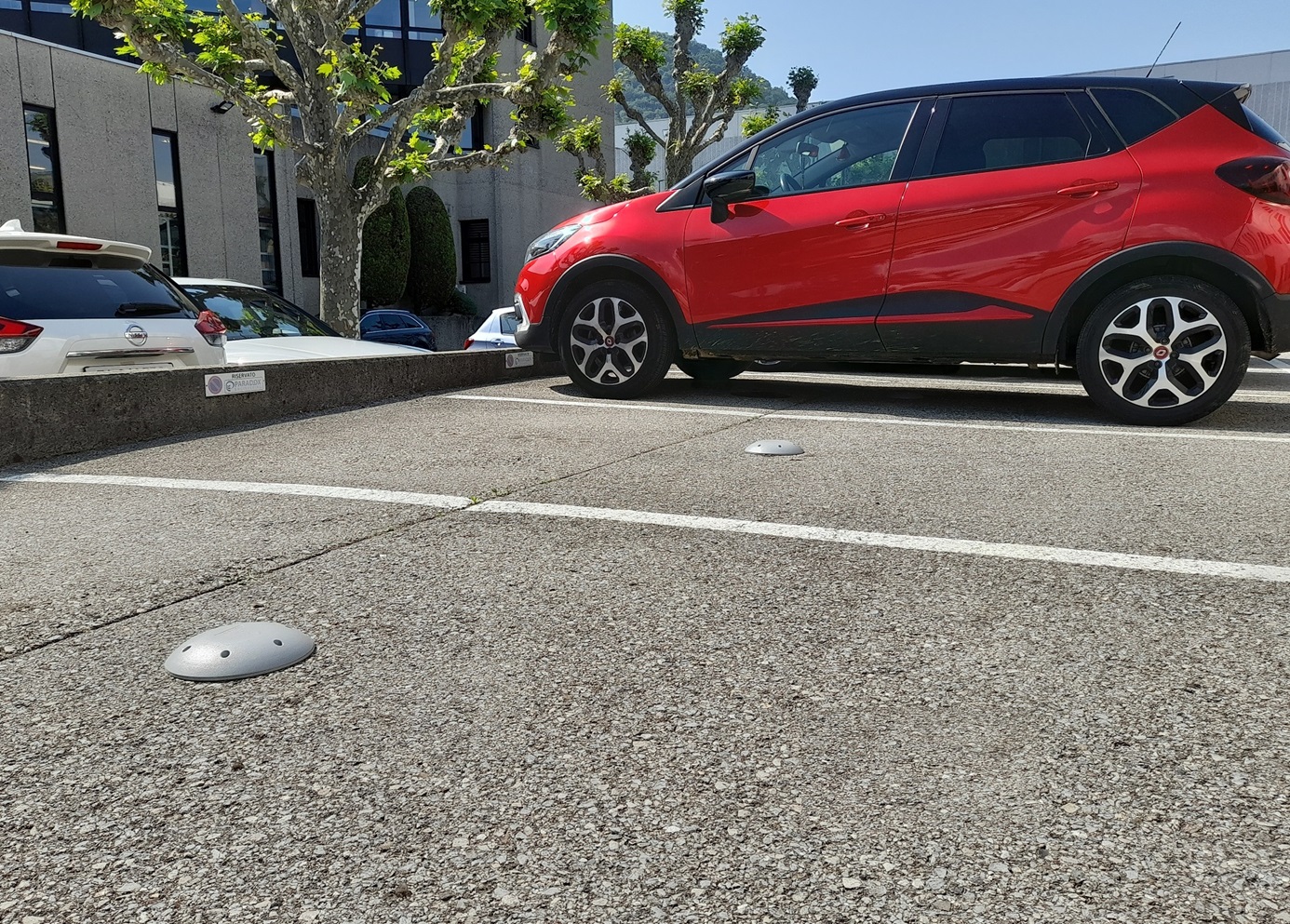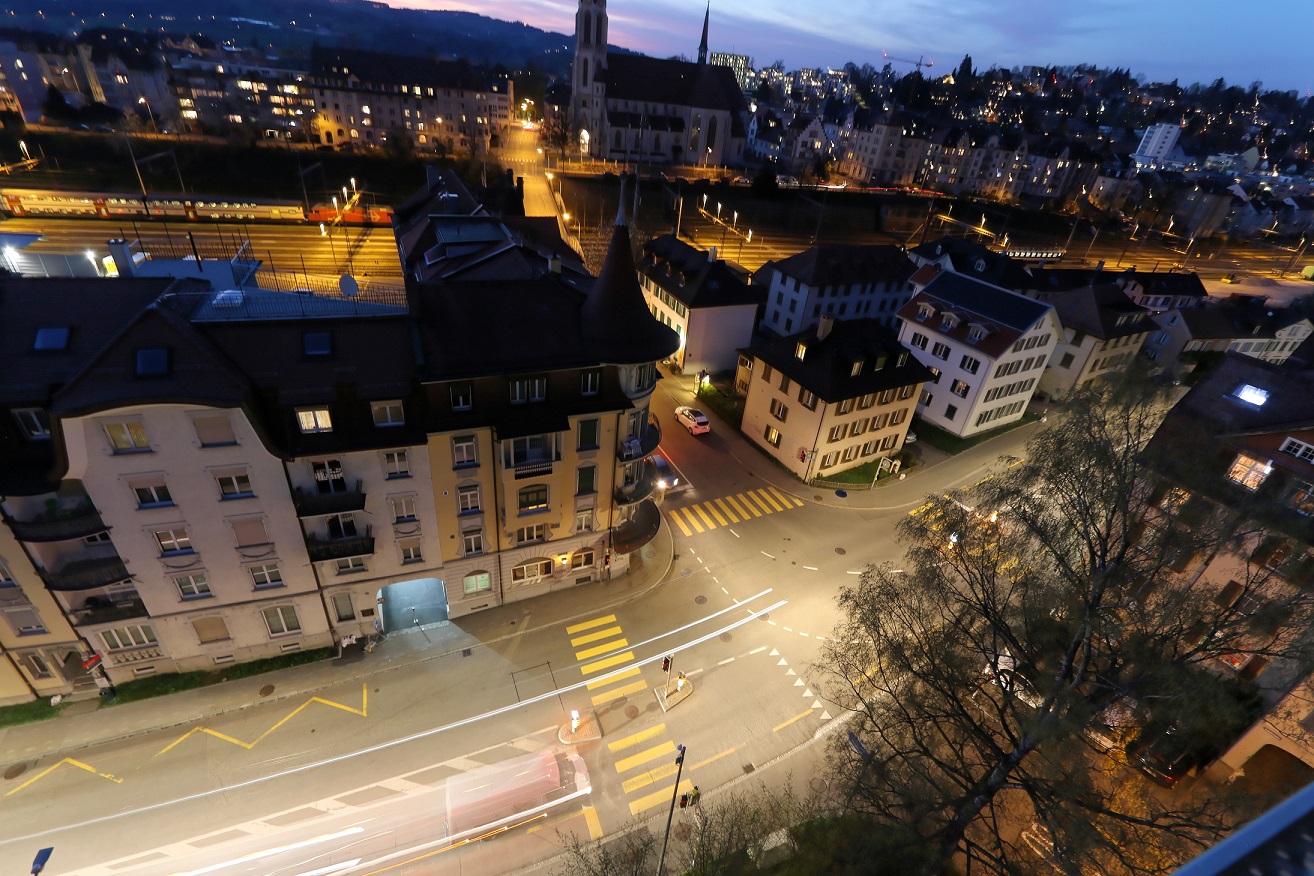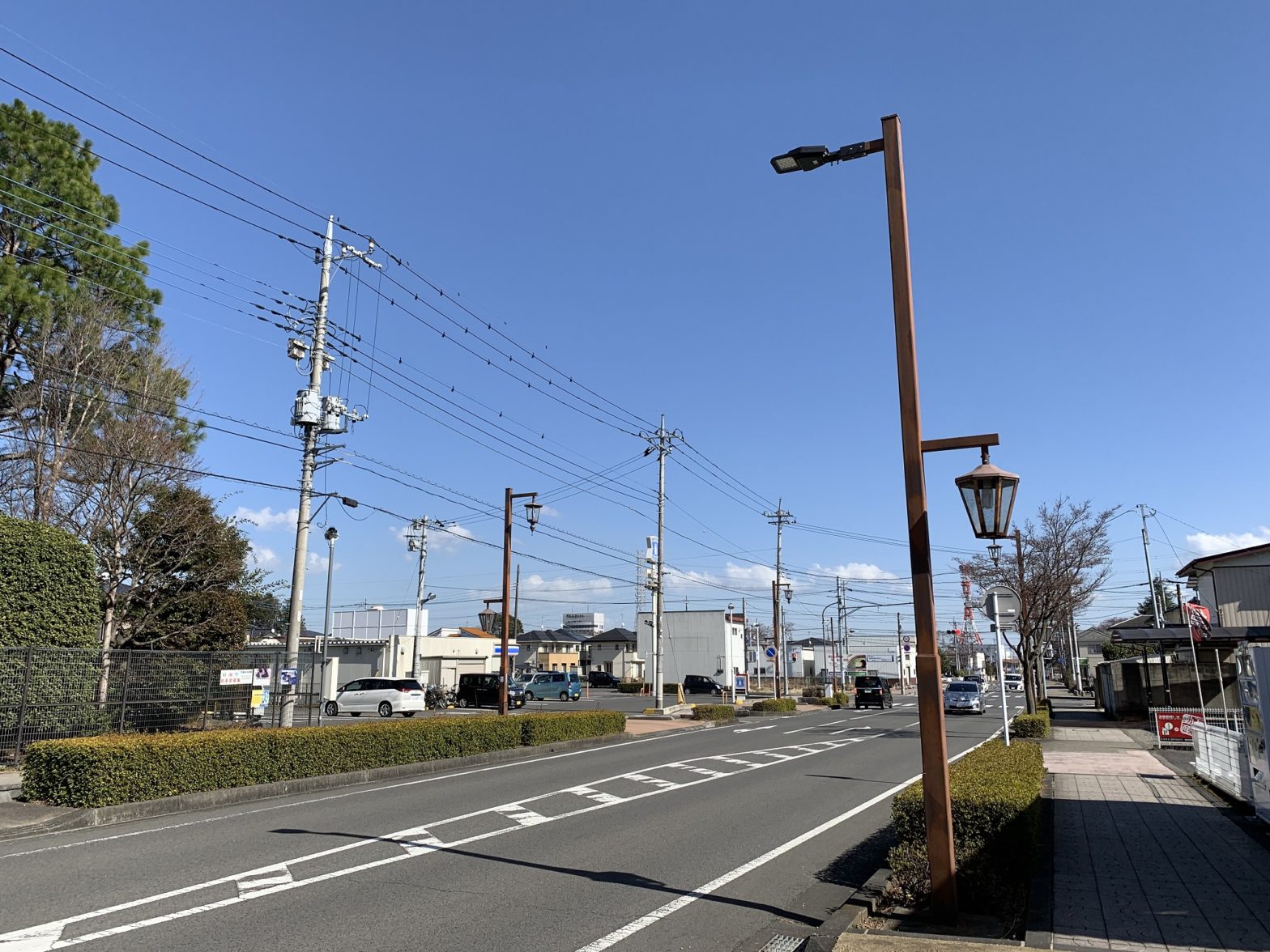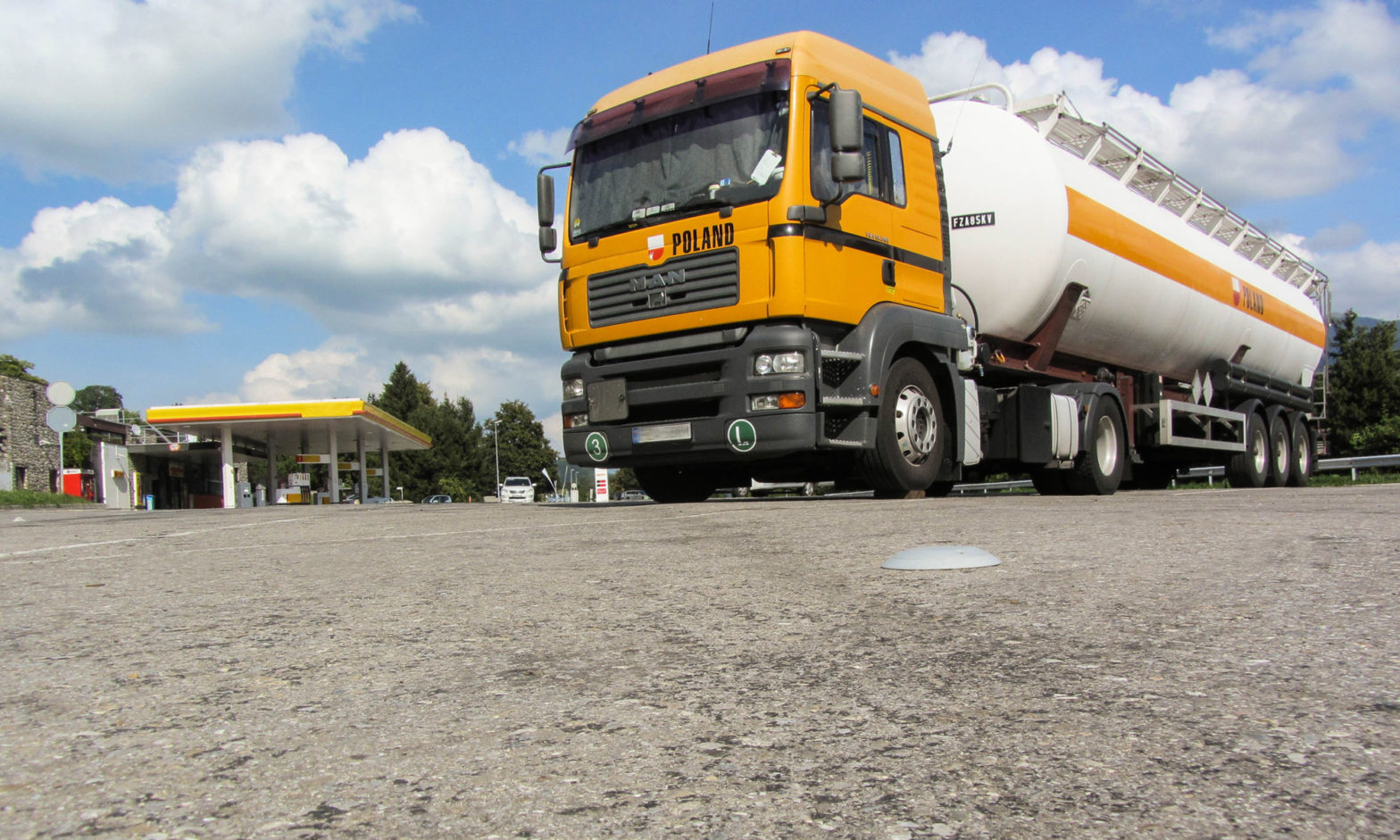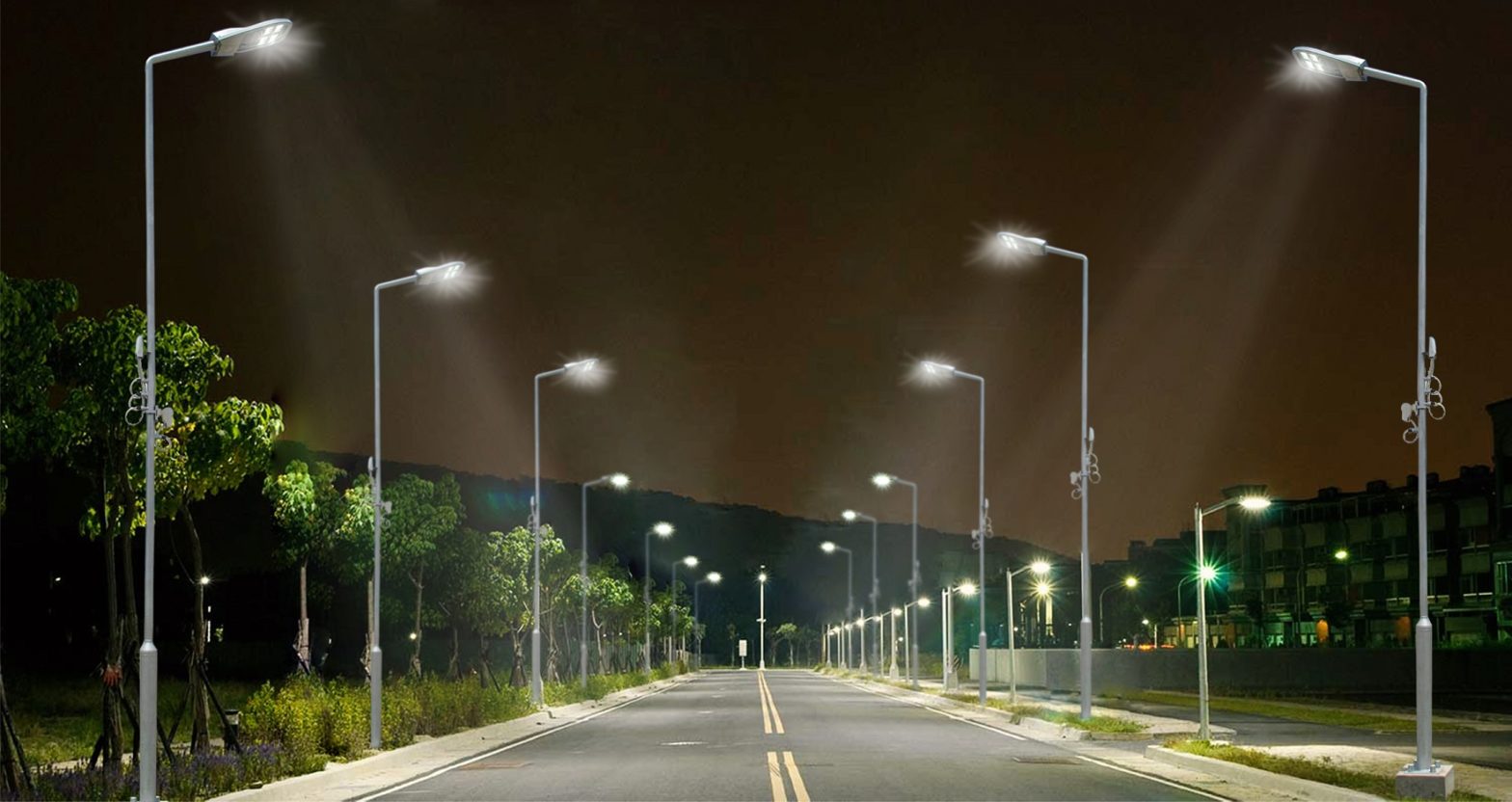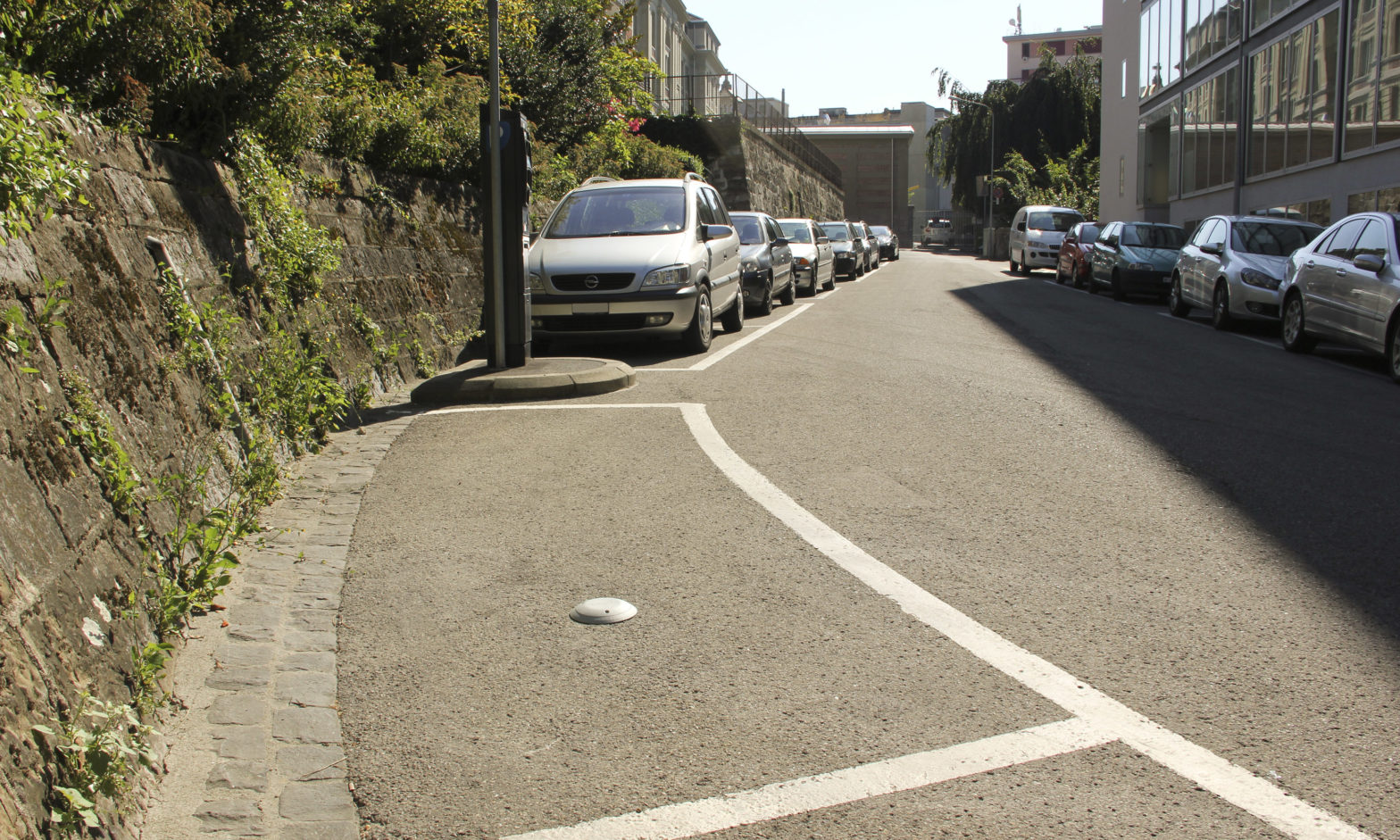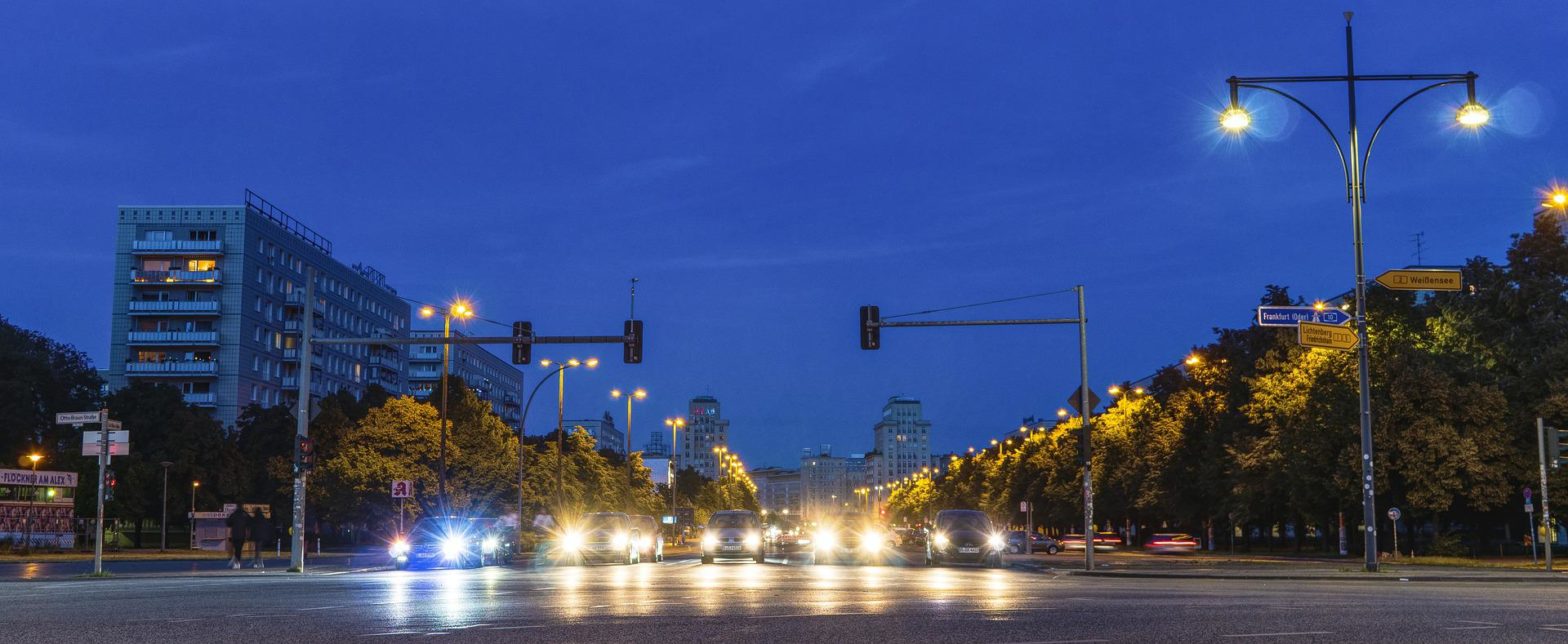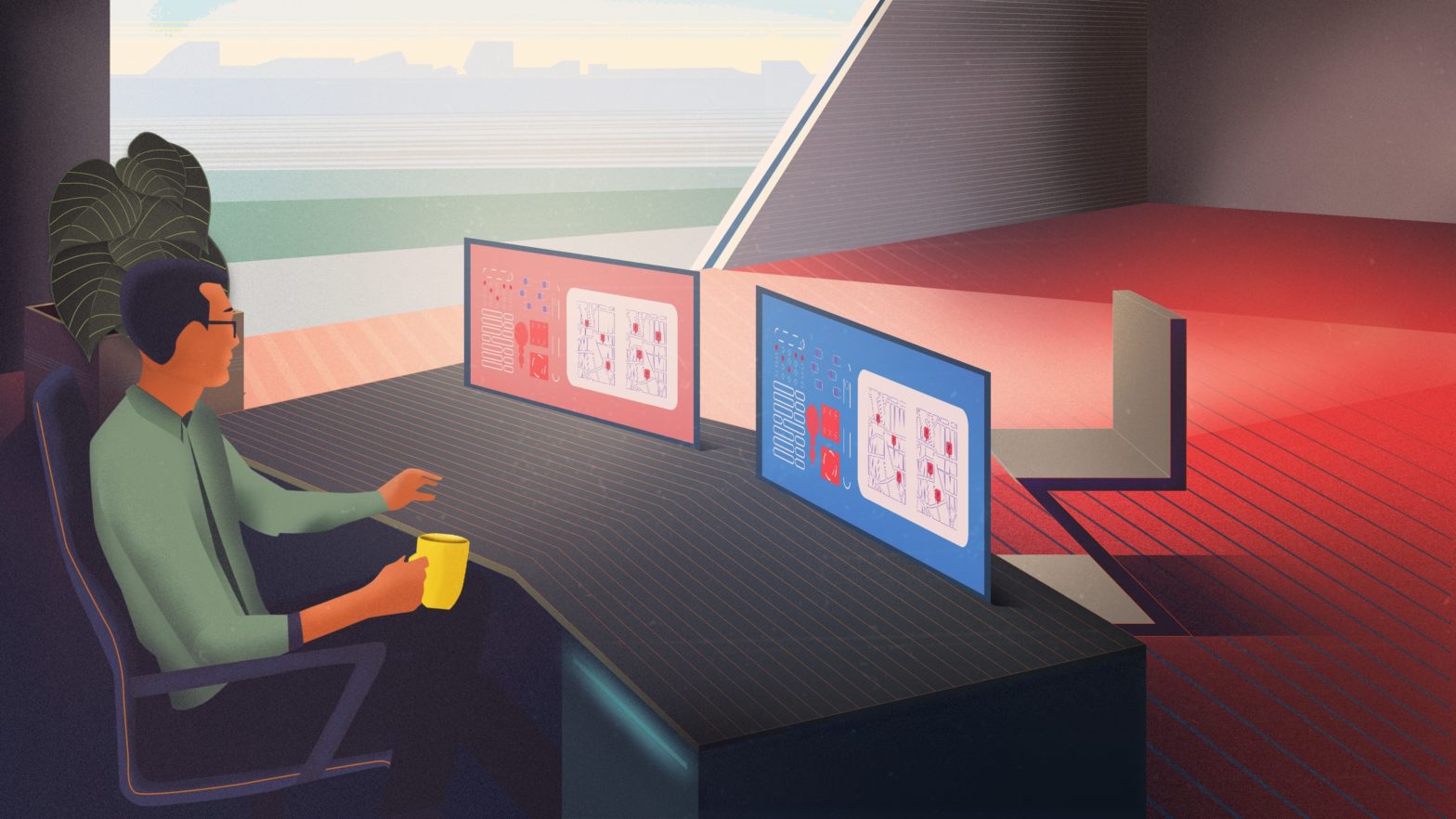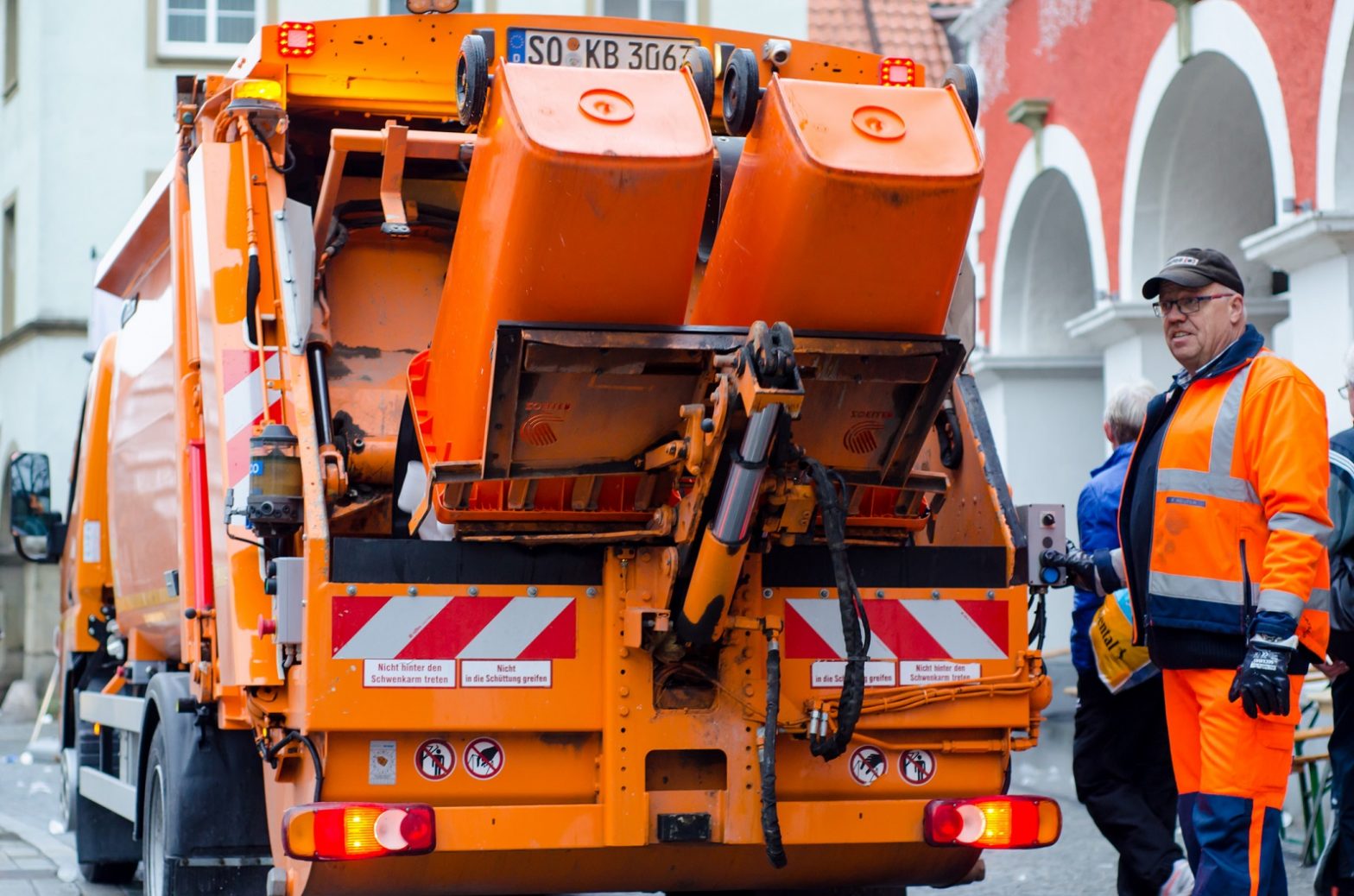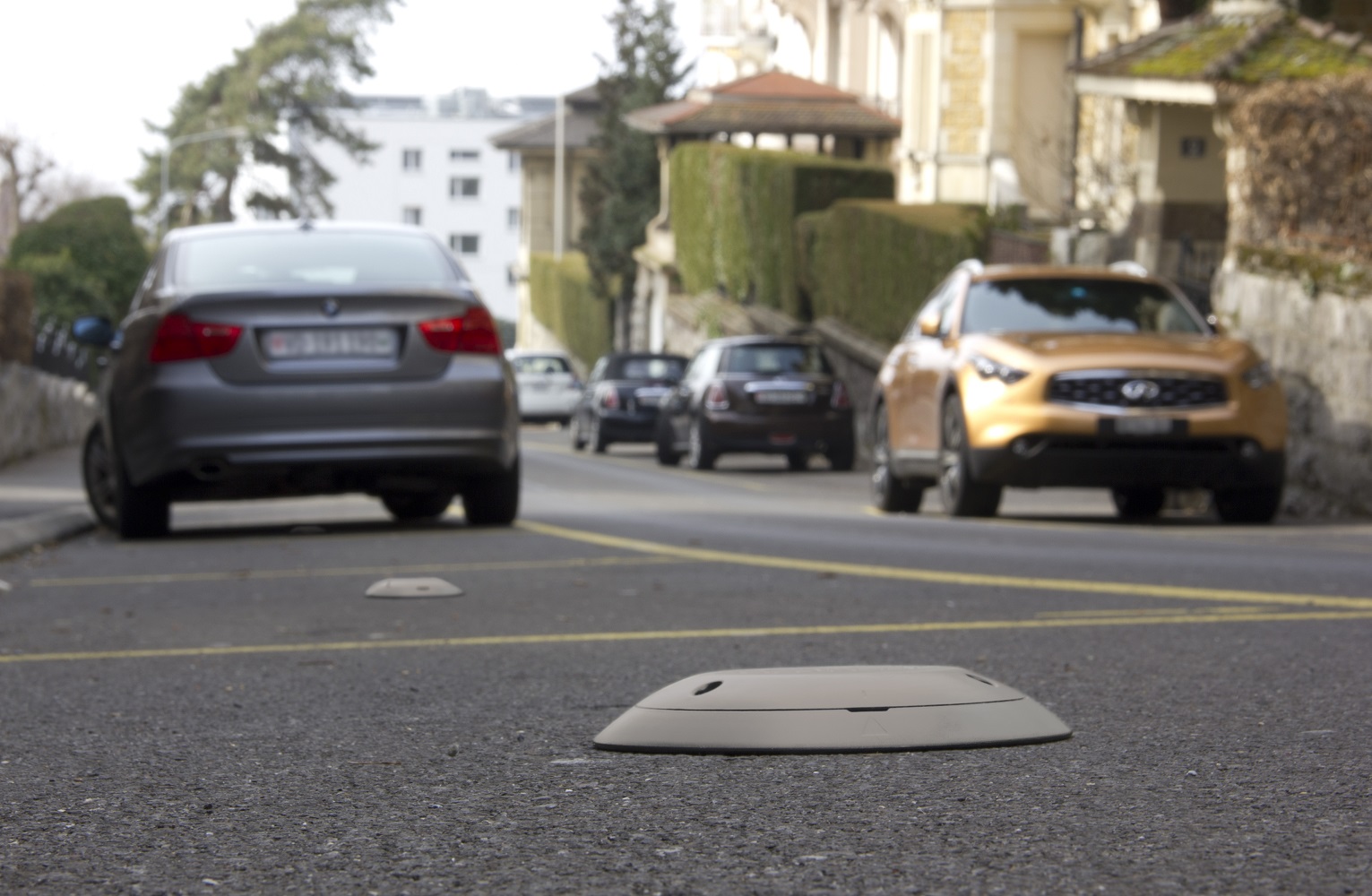
Bringing smart lighting to decentralised cities and rural areas
16 November 2021
In 2020, over 56 percent of the world’s population was urban, and half of the people lived in towns of less than 500,000 inhabitants. The United Nations estimated that urbanisation could reach 68 percent by 2050, but the Covid-19 pandemic may curb this trend, as the rise of remote working may encourage more people to leave cities in search of a different way of life.
The future may be about decentralised cities, making the traditional metropolis model evolve towards polycentric, multi-nodal conglomerates. This would create a “new normal” for urban density — and push urban Internet of Things (IoT) infrastructures to change accordingly.
New smart lighting cases
The standard case for street lighting is about city centres or densely clustered areas, where it is generally simple and cost-effective to upgrade existing lamps to LED and design a mesh IoT network. Once connected, smart luminaires can be monitored and managed from a centralised software system, while some gateways act as border routers, network coordinators, and data concentrators. Under normal operating conditions, a single gateway can manage up to 400 connected streetlights.
If considering decentralised cities or rural areas, the scenario may be completely different. Think of suburbs and countryside villages in Europe or the US, for instance. Due to the low population density, we may have dispersed groups of a few streetlights, or even single isolated lamps. This makes it difficult and expensive to reach them, as more gateways would be needed to reliably connect them to the mesh network.
Some governments in the developing world are exploring the possibility of serving people living in remote communities through solar-powered streetlights and mobile cellular networks. Although some pilot projects are running in China, India, and some African countries, this solution seems barely applicable in cities where an IoT smart lighting infrastructure is already in place and the municipality wants to extend the existing technological platform to cover suburban or rural areas.
Smart hybrid devices to extend IoT networks
Installing more gateways to connect hard to reach streetlights increases complexity and generates additional costs, as average costs per light point soar.
Swiss IoT expert Paradox Engineering is about to introduce a highly innovative lighting device to serve both as a node and a gateway.
“Our smart hybrid node will interface LED streetlights to enable known remote monitoring and control features, at the same time it will act as a gateway and connect up to 50 nodes to the mesh network and the central management system”, says Marco Parnisari, product manager at Paradox Engineering. “At about one tenth of the price of a gateway, it will be ideal for any decentralised or rural area where single or isolated group of lamps needs to be integrated to the smart lighting infrastructure”.
To be mounted on existing light poles leveraging standard interfaces, the new device will be based on standards as 6LoWPAN, uCIFI data model, and related radio protocol.
“Beyond smart lighting, the hybrid node will be fully interoperable with other IoT sensors for parking management, waste bin monitoring, air quality and environmental sensing. It will pave the way to bring a full range of IoT applications – smart parking, smart waste, etc. – to districts and areas which are generally left aside in smart city journeys,” adds Parnisari.
Paradox Engineering’s new smart hybrid node is expected to hit the market during 2022.
About Paradox Engineering
Paradox Engineering is a technology company that designs and markets Internet of Things solutions for open cities and other smart environments. Established in 2005 and headquartered in Switzerland, the company is the IoT Excellence Centre of MinebeaMitsumi Group, leading global provider of Electro Mechanics Solutions™, and controls Tinynode, which specialises in smart parking technologies.
For further information, please visit www.pdxeng.ch



